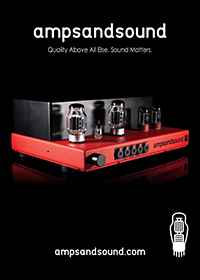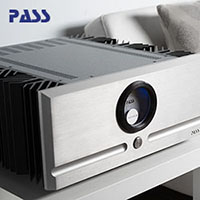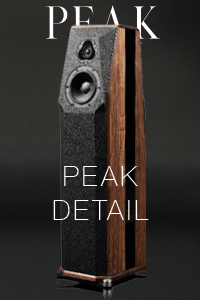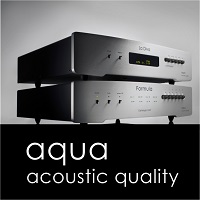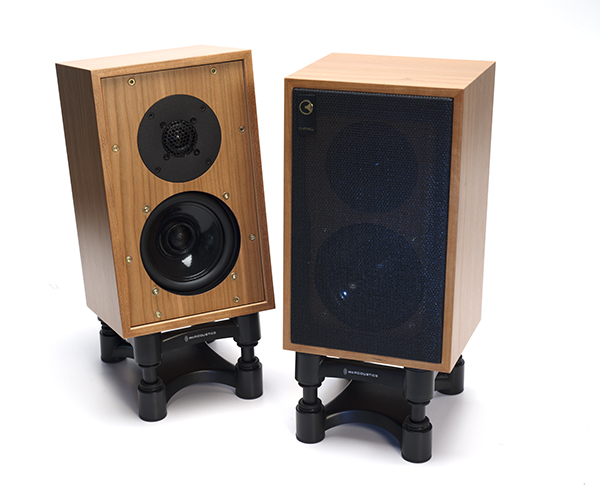 How many movies have you seen where the sequel (or any of the subsequent sequels) were better or even equal to the original?
How many movies have you seen where the sequel (or any of the subsequent sequels) were better or even equal to the original?
While the legion of LS3/5 owners, with numerous variations on the theme, might grouse at the thought of this, I prefer the new Chartwell LS3/5 to any of the originals I’ve yet experienced. And for what it’s worth, I’ve held the first LS3/5 in my hand, at the now defunct Kingwood Warren branch of the BBC, so you know I adore these little speakers.
For audiophiles not in love with full range ESLs or variations on the Lowther theme, the next option for sonic purity is the two-way monitor, the smaller and simpler the better. Fewer drivers and a simpler crossover network mean less phase and distortion issues. With some great small monitor speakers on the market, and most of them British, it’s impossible to have a conversation about this sub-segment without discussing perhaps the most famous of them all the compact BBC LS3/5 or LS3/5a speaker.
This tiny two-way speaker was originally developed by the BBC as a portable monitor for remote recording sessions, with an emphasis reproducing vocals as accurately as possible. Though they were all built by numerous British manufacturers to the BBC specification (the only way to get the license in the first place) each model has its own unique, signature sound. Consequently, the LS3/5a was the model destined for mobile recording, while the LS3/5 was a different model (though the same physical size) clearly aimed at being a true high-performance small speaker. The initial LS3/5 was never produced, with only about 20 number of prototypes built. You can read a bit more about the LS3/5’s history here, at the Graham site.
Graham Audio, makers of the exceptional LS5/9s we reviewed last year and subsequently purchased as reference speakers enlisted the help of designer extraordinaire Derek Huges, along with some help from Seas and Volt to create a masterpiece that observes the original specification. Cutting to the chase, they have succeeded brilliantly.
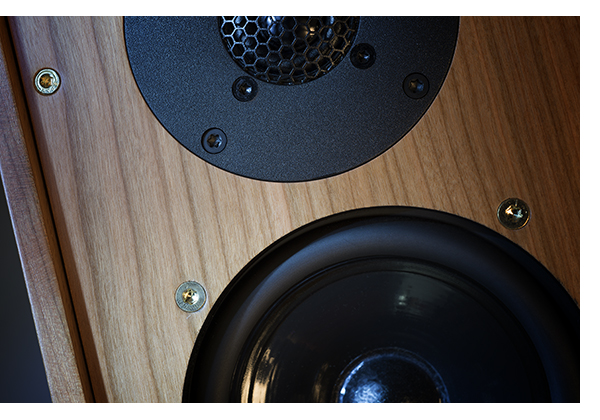 Over the next few weeks, we will be finishing our review, based on hundreds of hours of listening, with a wide range of program material and amplification. For those of you too impatient for me to compile the rest of the data, I suggest buying a pair. Right now.
Over the next few weeks, we will be finishing our review, based on hundreds of hours of listening, with a wide range of program material and amplification. For those of you too impatient for me to compile the rest of the data, I suggest buying a pair. Right now.





